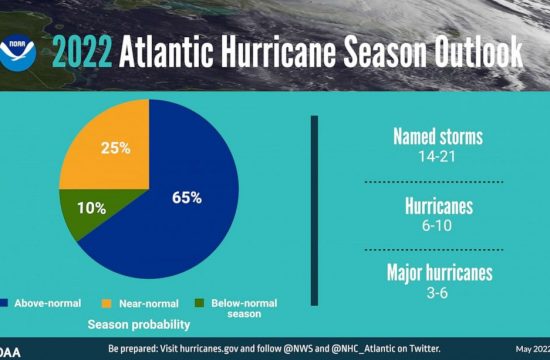The case will likely dominate the Supreme Court’s next term.
The state of Mississippi formally asked the U.S. Supreme Court Thursday to uphold its ban on abortions after 15 weeks of pregnancy and overturn Roe v. Wade, the landmark 1973 decision that gave women the unfettered right to end a pregnancy before a fetus is viable outside the womb.
“Under the Constitution, may a State prohibit elective abortions before viability? Yes. Why? Because nothing in constitutional text, structure, history, or tradition supports a right to abortion,” the state says bluntly in its opening brief in a blockbuster case that will dominate the court’s next term.
The cascade of arguments Mississippi lays out constitute the most direct and aggressive attack on abortion rights in years before the high court.
Republican Attorney General Lynn Fitch, leading the case, declares outright that the time has come for the justices to discard long-standing precedent because Roe and Casey, a 1992 decision that reaffirmed the right to abortion access for women, are “egregiously wrong.”
“Roe and Casey are unprincipled decisions that have damaged the democratic process, poisoned our national discourse, plagued the law — and, in doing so, harmed this Court,” the brief says.
Mississippi argues that states have compelling interests in protecting the lives of the unborn — interests that have been neglected, it claims, by decades of flawed legal analyses by the court’s majority.
“Scientific advances show that an unborn child has taken on the human form and features months before viability. States should be able to act on those developments. But Roe and Casey shackle States to a view of the facts that is decades out of date.”
Abortion rights advocates were quick to respond Thursday, calling Mississippi’s legal case “stunning” and “extreme.”
“Their goal is for the Supreme Court to take away our right to control our own bodies and our own futures — not just in Mississippi, but everywhere,” said Nancy Northup, president and CEO of the Center for Reproductive Rights, which is challenging the law, in a statement.
“Let’s be clear; any ruling in favor of Mississippi in this case overturns the core holding of Roe — the right to make a decision about whether to continue a pregnancy before viability,” she continued. “The Court has held that the Constitution guarantees this right. If Roe falls, half the states in the country are poised to ban abortion entirely. “
The Supreme Court has not yet scheduled the case for oral argument in the term set to begin in October. A decision is expected by June 2022.











